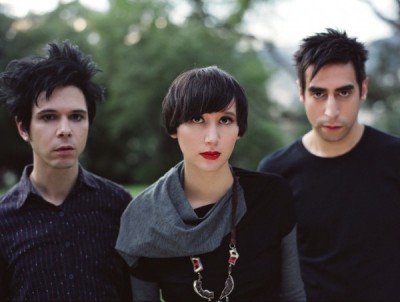

Every day is a new experience there is always new things and new ways to be proud of something. Our biggest collaboration yet being this one, NBA. Since then man, there has been a lot of things the company has grown massively within that time, entering new territories around the world like Australia, America and all through Europe, doing deals with the top footwear chains – Footlocker, JD Sports, Urban Outfitters – you know, Even down to the collaborations. For our readers, summarise some of the amazing projects Crep protect has been involved in since then. Jason, the brand has grown a whole lot since we first came across you guys at Crepe City 7 in 2013. Crep Protect’s latest project is their biggest to date, a 6 can collaboration with the NBA, we sat down with J2k to find out how this came about, why they threw a lavish celeb filled party at the Shard and what it’s like pushing a UK brand in the USA. J2k along with his co-founder founded Crep Protect in 2013 and have been pushing hard to make the brand a household name world wide. J2k (Jason Black) is known to all of us firstly as a Grime artist that was a member of the Roll Deep Crew and also as a sneakerhead that has had heavy support and sponsorship from sports brand adidas.

While you probably do not hear a lot of the old Middle English (or Old Norse for that matter), both versions of the informal word for yes are still commonly used today.Crep Protect is a Footwear protection brand that has taken the sneaker game by storm providing the UK with a brand that reps our values and culture even down to the name. Speakers may have just decided that the word,which is close to 1,300-years-old now, needed a makeover.Īll three words are a derivative of Middle English, and have roots in Old Norse and Gothic. There does not seem to be any clear reason for the addition of the H other than maybe to modernize the spelling of yea. While the three words once meant the same thing, it appears that the H was added on to distinguish the two meanings above and to move the word forward into the new century. While yea (and yes ) have been around far longer than the word yeah ( it looks like yea and yes can be traced back to the 900s) the sentiment has been around forever. Sometime around the early 1900s, yea and yes became yeah. In other words, you should only vote yea (pronounced similar to the opposing vote of nay) when looking to cast your vote in the positive. For example, it would not be appropriate to vote yeah on a measure, unless you were looking to register your vote with a touch of sarcasm. Voting is when that extra H makes the most difference. With both words having similar pronunciations, unless you are casting a vote, nobody will know which version of the word you are using until you write it down.


When used in a vote, yea can be pronounced like “yay.” Yea can be used as an informal adverb meaning “yes” or “to affirm,” or as a noun to indicate an affirmative vote. Yeah … these two words seem the same but which one should you use? Yea vs.


 0 kommentar(er)
0 kommentar(er)
